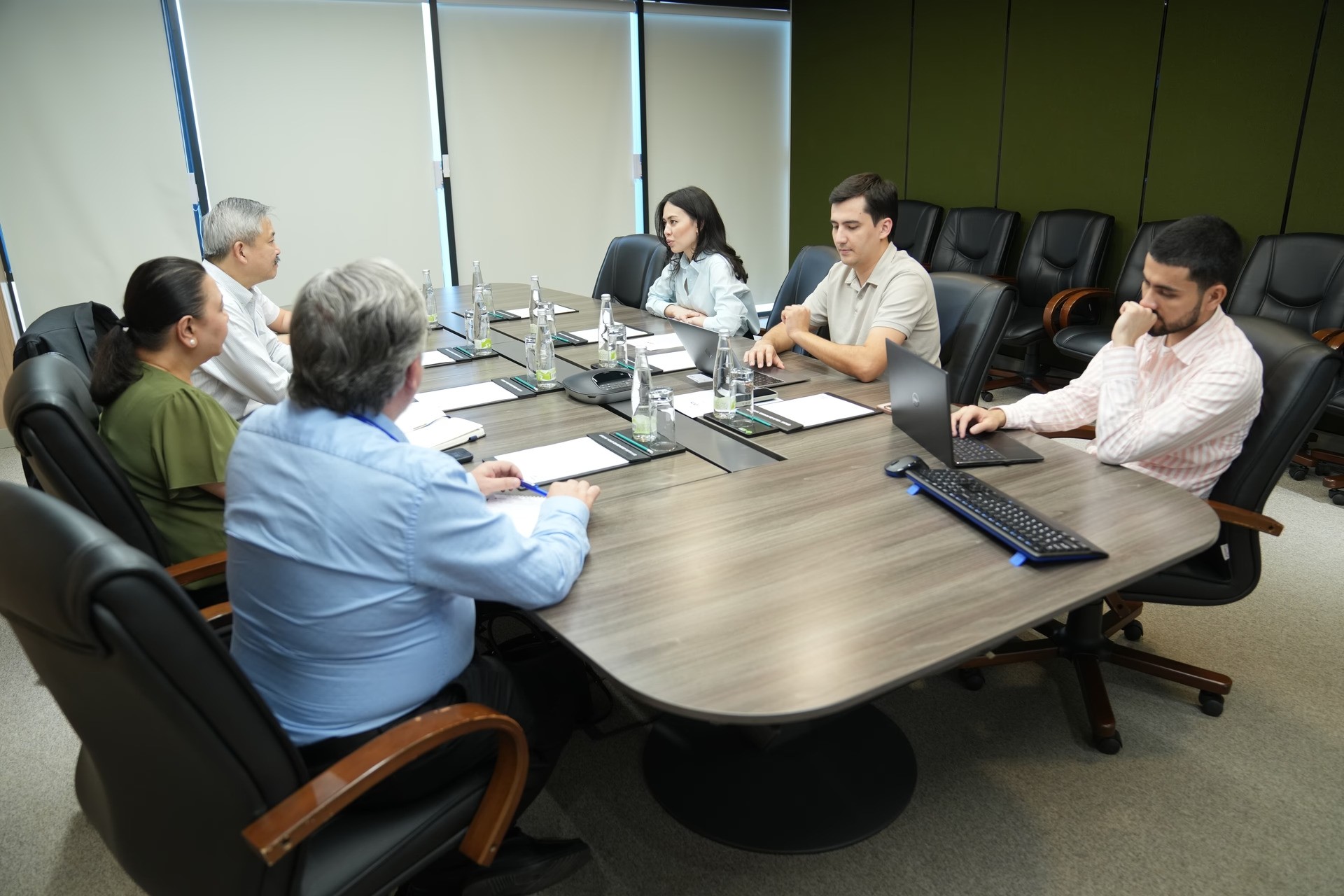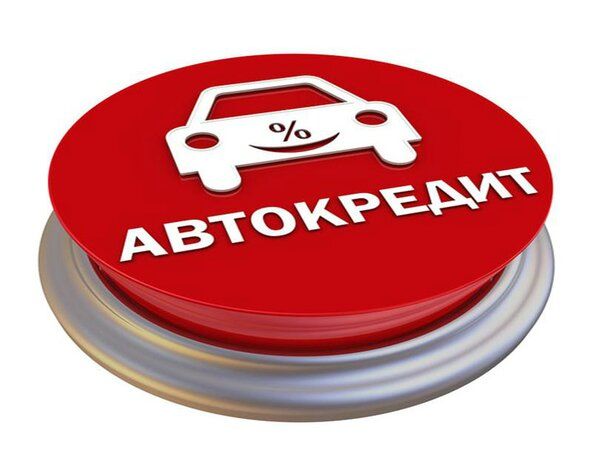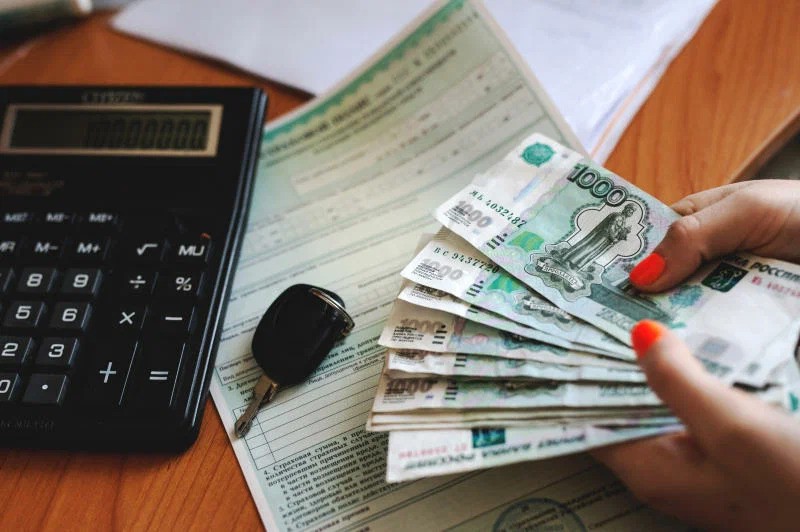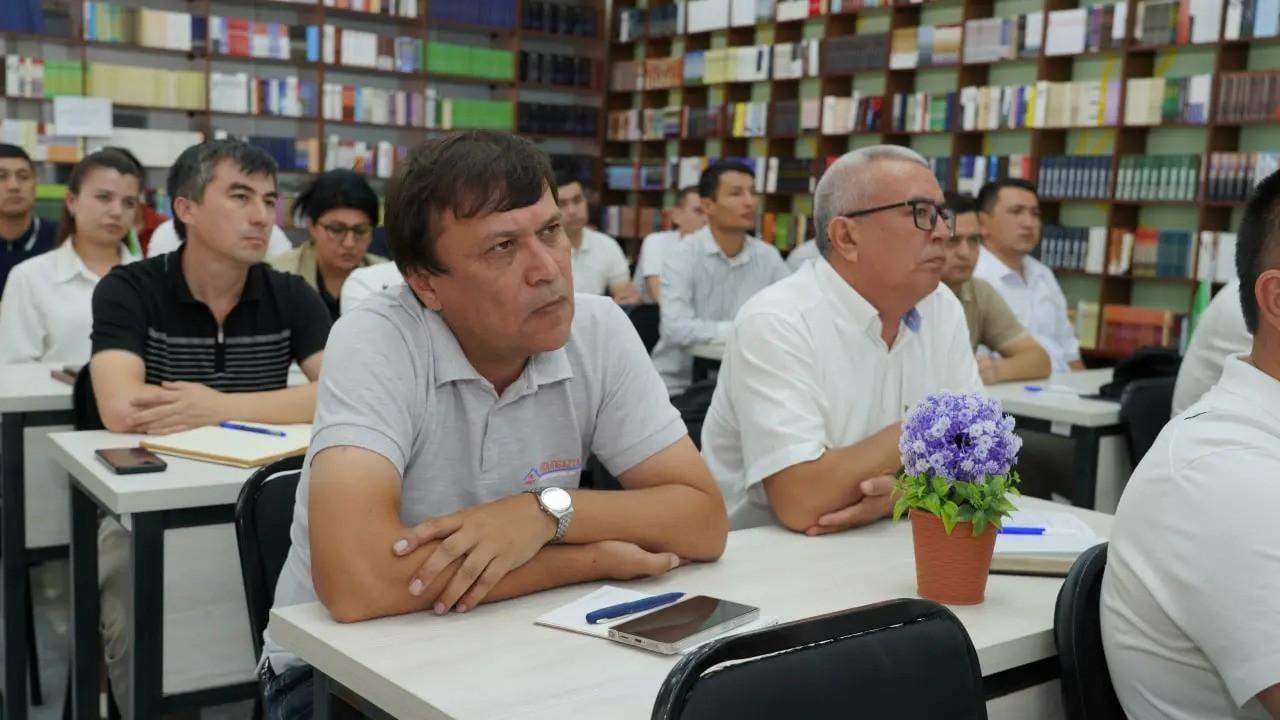Постановлением Кабинета Министров № 352 от 7 июня 2025 года утвержден новый порядок стимулирования граждан, предоставляющих фото- или видеоматериалы, фиксирующие случаи нецелевого или нерационального использования воды.
Мера направлена на усиление государственного контроля за водными ресурсами и реализуется в соответствии с Указом Президента № УП-74 от 7 мая 2024 года «Об определении приоритетных направлений внедрения и развития современной системы управления в водном хозяйстве»
The document regulates:
- reception and verification of visual materials confirming the fact of an offense in the water sector;
- criteria for the validity of the recorded data, including the presence of a specific violation, an identifiable person (if any), address, date and time;
- a system for encouraging informants — in particular, a monetary reward in the amount of 25% of the basic estimated value (BW), paid out of the amount of the fine collected from the violator;
- alternative forms of remuneration in the event that a liability measure is applied to the violator that is not related to an administrative fine (in accordance with Regulation No. 15 of January 8, 2018).
The regulation entered into force on June 11, 2025 and has already been published in the National Legislation Database.
The mechanism of encouraging citizens to register violations is associated with the need to strengthen control over rapidly declining water resources. Against the backdrop of climate change, droughts, declining reservoir levels, and rising water consumption in both agriculture and everyday life, the Government relies on public participation in identifying violations.
This includes actions such as unauthorized water withdrawal, using water resources without meters or for inappropriate purposes, watering during the day during hot periods, draining water from open sources into drainage channels, and other actions that violate environmental and resource standards.
Editorial comment
Improving discipline in the management of water resources is a necessary measure in the face of climate risks and growing pressure on infrastructure. However, the format of the initiative's implementation raises concerns. The introduction of incentives for filming neighbors and transmitting video recordings of violations can create risks of abuse and distrust in society.
The question remains: what should we do to wash cars, fill swimming pools, or water private plots with-Coca-Cola?
Borderline cases. How will it be classified, for example, if watering a private plot in the private sector is already a violation or not? Is it permissible to wash the car in a private area, if it does not use centralized water?
Evidence base. If a citizen is caught in a video and is accused of an offense, on what grounds can he appeal the charge? Who will check the accuracy, context, and validity of the video? How protected are the rights of those who appear in the video?
The human factor. Creating a system of financial incentives for denouncing information can lead to domestic conflicts, a wave of mutual accusations and abuse-especially in the absence of a sufficient awareness campaign.
In a complex climate and demographic environment, water resources management really requires new solutions. However, restrictive measures without a transparent system of alternatives, reasonable classification of violations and reliable protection of the rights of bona fide citizens can undermine trust and cause a backlash.














